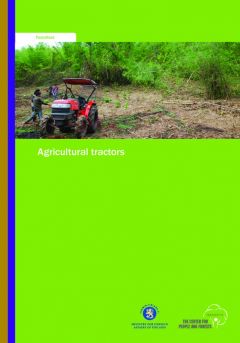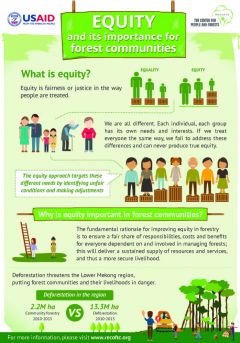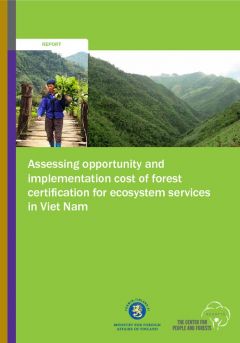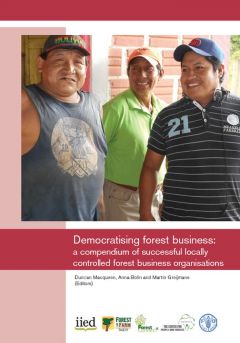Agricultural Tractors
Agricultural tractors with attached winches, grapple tongues and log trailers with cranes are the key machines for small-scale forestry work in developed countries. In the near future, a similar role is also foreseen in small-scale community forestry work in Asia and the Pacific.












